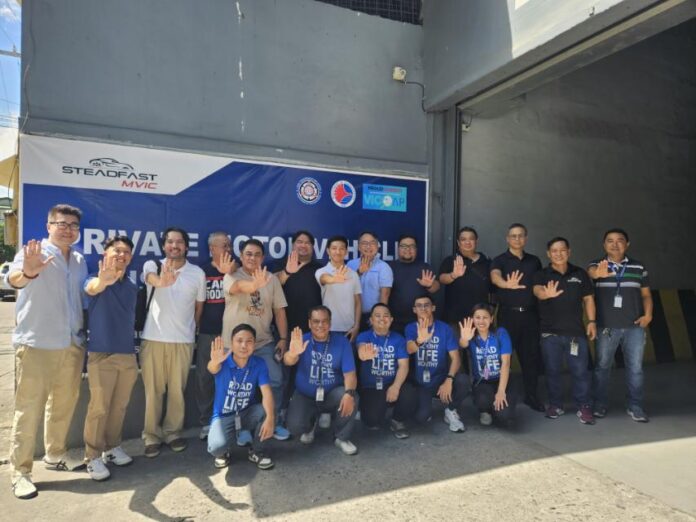“Driving the Future” media roundtable highlights innovation and VICOAP’s role in strengthening road safety through PMVICs
As recent road incidents renew national concern around road safety, the Vehicle Inspection Center Operators Association of the Philippines (VICOAP) brought together members of the local motoring media in a roundtable discussion titled “Driving the Future: A Behind-the-Scenes Look at VICOAP and PMVICs.”
VICOAP extends its deepest sympathies to the families affected by recent accidents. These tragedies are sobering reminders that the safety of every Filipino on the road must be a shared responsibility—and prevention must be at the heart of it.
The roundtable, held in observance of Road Safety Month this May, highlighted VICOAP’s continued advocacy for vehicle inspection as a cornerstone of proactive road safety.

“More than 13,000 lives are lost annually to road crashes in the Philippines. While many factors are at play, roadworthiness is one we can actively manage—starting with thorough and consistent vehicle inspections,” said Atty. Lester G. Cavestany, VICOAP spokesperson.
“Our goal is to raise awareness that inspections aren’t just a requirement—they’re a tool to save lives.”
Founded in 2020 to support the Department of Transportation’s road safety strategy, VICOAP is a non-profit organization composed of accredited Private Motor Vehicle Inspection Centers (PMVICs) and industry stakeholders.
Today, over 130 PMVICs operate nationwide—80 of which are VICOAP members—collectively servicing more than 2 million vehicles each year.
At the event, VICOAP provided an inside look at the automated and globally benchmarked 60+ point inspection process, which covers critical safety systems such as:
Brake integrity
Headlight and lighting function
Suspension and sideslip (wheel alignment)
Speedometer accuracy
Emission levels
Data from 2024 revealed key risk areas that inspections help identify:
45.1% of vehicles failed brake tests
37.3% had defective headlights
9.2% failed alignment (sideslip) tests
5.3% had speedometer issues
3.1% did not pass emission standards
“These numbers aren’t just statistics. They’re early warnings that, if ignored, could result in preventable accidents,” said Atty. Lester. “Our data helps inform policy and educate the public about recurring risks on our roads.”
VICOAP emphasized that PMVICs use fully automated systems to ensure fairness, accuracy, and integrity, removing human discretion from the inspection process. These systems also contribute to valuable datasets that help identify broader road safety trends across the country.
While VICOAP does not regulate or enforce inspection policy, it plays a vital role in supporting science-based standards and educating the public on vehicle safety. Through ongoing dialogue with the government, the transport sector, and the media, VICOAP aims to help build a culture of prevention and accountability on the road.
“Road safety doesn’t begin when we buckle our seatbelts. It starts before the engine is even turned on,” Atty. Lester added. “This is the message we hope to drive forward—with urgency, compassion, and credibility.”
Through the organization’s initiatives, VICOAP reaffirms its commitment to being an ally in the movement toward safer Philippine roads—by making science-backed, data-driven vehicle inspections a tool not of burden, but of protection.








